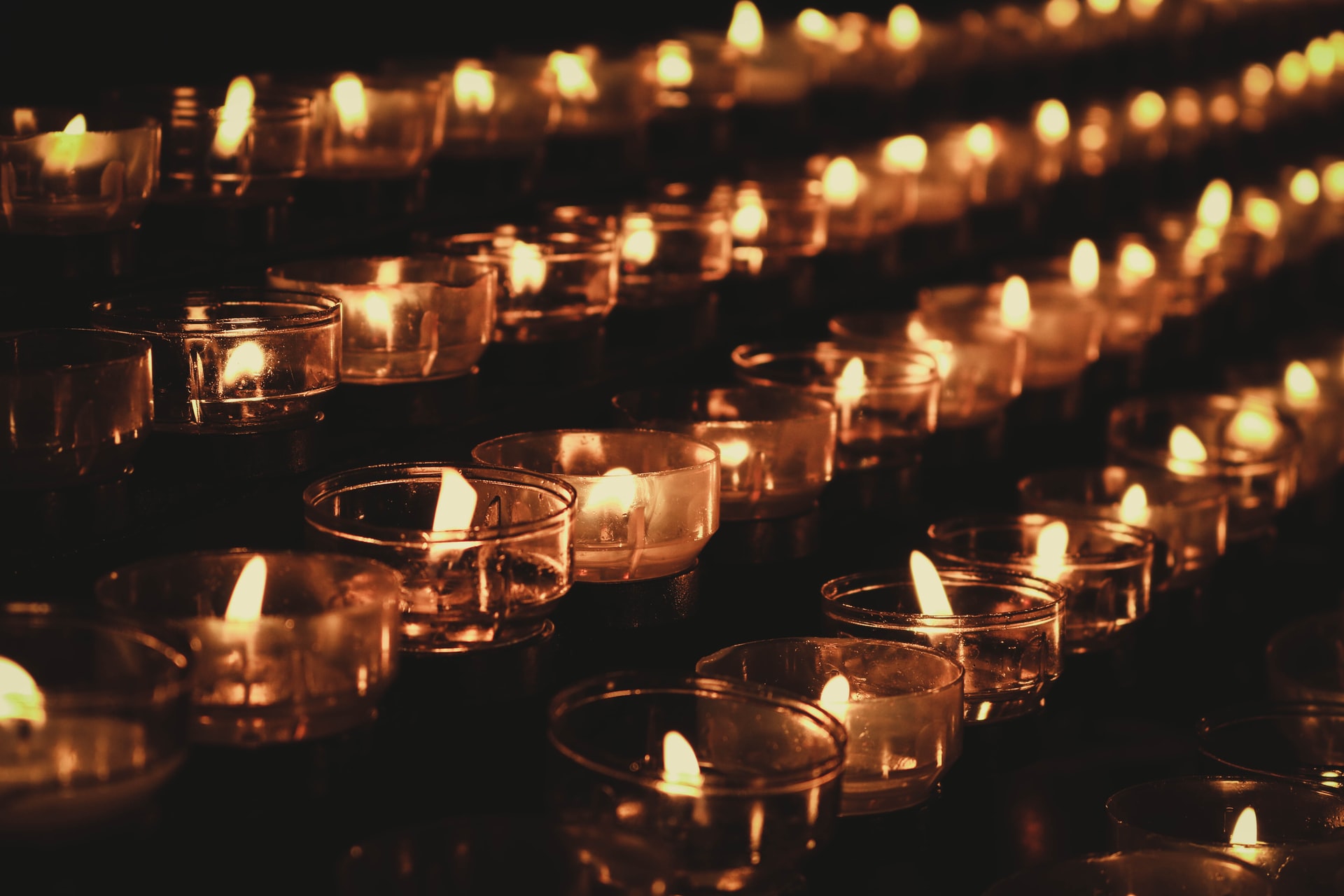Job 11:17-20; 16:15-17; excerpt for Elie Wiesel – Hope. Despair, and Memory
A Hasidic Legend
A Hasidic legend tells us that the great Rabbi Baal-Shem-Tov, Master of the Good Name, also known as the Besht, undertook an urgent and perilous mission: to hasten the coming of the Messiah. The Jewish people and all humanity were suffering too much, beset by too many evils. They had to be saved, and swiftly. For having tried to meddle with history, the Besht was punished; banished along with his faithful servant to a distant island. In despair, the servant implored his master to exercise his mysterious powers in order to bring them both home. “Impossible”, the Besht replied. “My powers have been taken from me”. “Then, please, say a prayer, recite a litany, work a miracle”. “Impossible”, the Master replied, “I have forgotten everything”. They both fell to weeping.
Suddenly the Master turned to his servant and asked: “Remind me of a prayer — any prayer .” “If only I could”, said the servant. “I too have forgotten everything”. “Everything — absolutely everything?” “Yes, except — “Except what?” “Except the alphabet”. At that the Besht cried out joyfully: “Then what are you waiting for? Begin reciting the alphabet and I shall repeat after you…”. And together the two exiled men began to recite, at first in whispers, then more loudly: “Aleph, beth, gimel, daleth…” And over again, each time more vigorously, more fervently; until, ultimately, the Besht regained his powers, having restored his memory.
I love this story. It is a story about hope—a story about messianic expectation and the importance of friendship to transcend our ability to rise above despair. It is a story about memory—how our memory keeps us grounded in the moment and lifts us out of the depths of despair and grants us hope for the future. Elie Wiesel once said, “Hope without memory is like memory without hope.”
Memories of Despair
Fourteen years ago, many of you may remember, I walked into this church—actually I dragged myself into this place using a walker—barely able to speak, recently emerging from a cocoon of depression, looking not for outcomes or pity—but craving a way out of despair—a way out of the isolation and loneliness—craving a spiritual home that would reignite my flame and restore my sense of purpose. Hope without memory is like memory without hope.
Our old testament lesson today reminds us of Job’s utter despair. Job lost everything—his children, his friends, his possessions, and even his argument with God—yet, he still found the strength to begin again, to rebuild his life. Job, our ancestor. Job, our contemporary. His ordeal concerns all humanity. Hope without memory is like memory without hope.
Elie Wiesel has written extensively about his experience of despair in Auschwitz during the Nazi extermination of the Jews. He gruesomely writes, “Fear dominated the universe… Children looked like old men, old men whimpered like children. Men and women from every corner of Europe were suddenly reduced to nameless and faceless creatures desperate for the same ration of bread or soup, dreading the same end… Life in this accursed universe was so distorted, so unnatural that a new species had evolved. Waking among the dead, one wondered if one was still alive.” Hope without memory is like memory without hope.
Howard Thurmon grew up the grandson of a slave in Daytona Florida. He wrote about the utter despair of the African American experience. Through the system of chattel slavery to Jim Crow laws to mass incarceration to profiling and disproportionate deaths—Black people have always been considered second class citizens in America. What must it be like to be in a constant state of fear and despair? Hope without memory is like memory without hope.
Candles of Hope
Howard Thurman once said, “The striking similarity between the social position of Jesus in Palestine and that of the vast majority of Black Americans is obvious to anyone who tarries long over the facts.” I do not mean to say that the experiences of the Jews in Auschwitz, Blacks in America, my experience of health and disability, the experience of Job who loses everything and even Jesus of Palestine are all the same. Certainly, they are not. But one cannot help but see that they belong to the same camp of human experience: despair.
Our current world is filled with experiences of despair on every side. We need hope just like so many groups and individuals have before us. I began with the story of the Besht. And like the Besht, we all need to remember more than ever—we need to develop friendships with each other to see us through. Maybe we begin by reciting the alphabet together—starting with what we remember—memories of how so many have risen above despair in the past—standing on their shoulders in order to regain our powers and build our own hope for today.
Friends, Advent reminds us that hope is not only God’s gift to us, it is our gift to ourselves and each other. For Job and Jesus and all these other stories of despair, the source of hope was memory and friendship, as it must be ours. Yes, despair keeps watch over our lives. But because we remember, we have the duty to reject despair. Because we remember, we lean in and hold on to each other. Because we remember, we light candles of hope amidst despair, and await the Messiah to renew our strength.
A-men.

